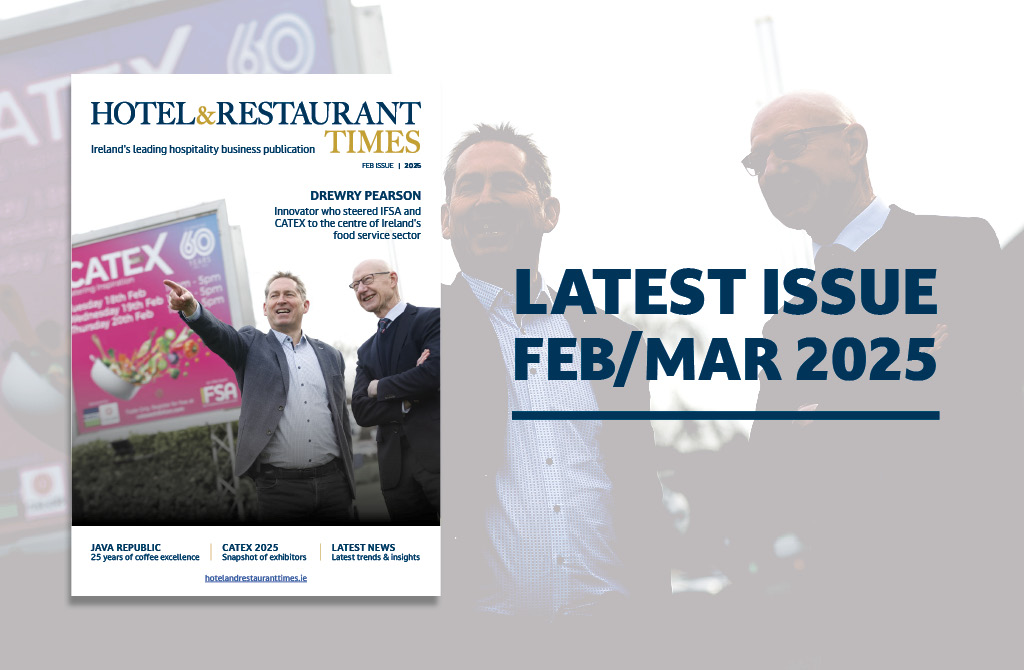While we’re all very used to the idea of accessibility in its physical form, the notion of accessibility to all on websites is a phenomenon that will rarely cross the mind of those not directly affected by it.
If you’re blind and you are trying to access information on a website on your smartphone, for example, what needs to happen?
First of all, you need a reader (which all smartphones have nowadays) and secondly, you need everything on that website to be readable – something that is down to the design of the site; ensuring that all photos have ‘alt text’ so that a description of the image can be read aloud to the user with impaired vision. Then there’s the issue of contrast and a whole other range of points that will probably not ever enter the head of most people but for those with disabilities of some kind, they are vital. Furthermore, they can be the difference between them accessing the site or not.
In a test case that went all the way to the American Supreme Court, pizza company Dominos was forced to rethink the wheel with regard to their own website.
The issue was one of discrimination against someone who had visual impairment. A visually impaired customer complained to the company that he couldn’t access the offers that were on the website. While he could order a pizza by simply ringing the nearest branch, the problem was that all the offers and savings were only available on the website and therefore, to those who could access the website. The court ruling found that Dominos was effectively discriminating against those customers out there whose disability prevented them from accessing their website.
Times are a-changing here in Europe and, from June 2024, it will become European Law to make your website accessible to all – whatever the product you’re selling.
For the hospitality sector, those with disabilities represent a very important market segment that will become the focus of many companies and the race is now on to get market-ready ahead of time.
One company that is to the forefront in all of this is IA Labs. It was set up only in 2021, growing out of the Irish Council for the Blind, of which it is a fully-owned subsidiary. Unlike that well-known charity, IA Labs is a for-profit company. Inheriting all its connections in this field from the Irish Council for the Blind (which has recently changed its name to Vision Ireland), IA Labs hit the ground running in a manner that most start-up operations don’t have the ability to do.

Chris White pictured with Bill Clinton
Photo Credit: Paul Morse / Clinton Foundation
Last September, it was successful in securing over 170 leads and funding commitments of over €3,000,000 in support over the next three years. This was at the 2023 edition of the CGI (Clinton Global Initiative) event in New York. This injection of capital will enable IA Labs to expand its operations internationally, creating job opportunities and, most importantly, providing digital accessibility to a wider population, their CEO Chris White says. And with legislation about to change the game for everyone in the hospitality business, the time is now to adapt.
“There’s a big market out there,” says Chris. “There was an article published recently on LinkedIn which points out that accessible tourism is globally worth $55 billion.”
Getting a foothold in that market segment means setting up your hotel, restaurant or visitor attraction to cater for accessibility market. And it means making your website accessible to all. In Ireland, the level of accessibility of websites is relatively low. On IA Labs’ website, they publish a regular report – the Digital Accessibility index – to tell you how we stand in this regard.
“There’s a push and a pull at work here,” says Chris. “The push is that it will soon be legally required (to have your website accessible to all) and the pull is the market that’s out there: why wouldn’t you want to be involved in and to have part of this growing sector? As opposed to excluding 20% of it?”
Legislation to make websites accessible to all is already enshrined in law in the UK, Korea, Japan, Australia, Canada, USA and a number of South American countries, Chris points out. Digital accessibility is very big trend at the moment and it will continue to be so over the coming few years.

Launch of the first Digital Accessibility Index for Ireland.
“The Digital Accessibility Index that we publish on our website shows how we are doing with getting our websites digitally accessible… the Government is getting better, estate agencies are getting better but generally speaking, the for-profit world is largely oblivious to the needs of the disability population and how digital accessibility and digital quality impacts them. On the web, 98% of sites are inaccessible – only 2% of sites, globally, are accessible.”
IA Labs’ success at last September’s event in New York has helped to put them on the map internationally, and will allow them to continue to develop a prototype which will enable the global scalability of their solution, providing accessibility to millions of people with disabilities and organisations at minimal infrastructure costs.
“It’s something that we had been working very hard on,” says Chris. “The pledge will allow us to go further more quickly and really make an impact for people with sight loss and disabilities generally across the whole country.”
Read more news HERE












